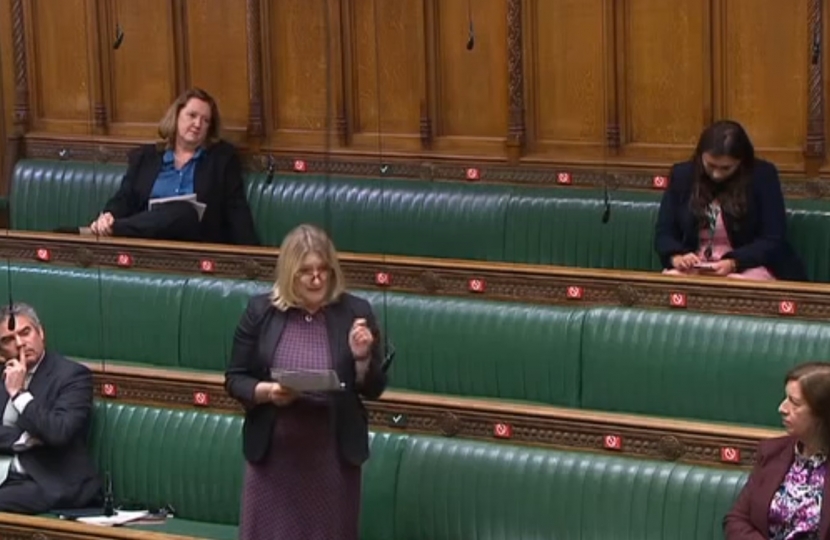
Suzanne Webb:
I am taking a slightly more optimistic approach in this debate—some may say I am a rational optimist by nature—and I am going to use the limited time I have to focus on our local jobcentres, which have played a crucial role in our response to coronavirus, working in the trenches on the economic frontline.
Universal credit is standing up to the challenge of covid-19. The Department for Work and Pensions has injected £9.3 billion into the welfare safety net, so this is an opportunity for me to highlight the work of those at the Stourbridge jobcentre, led magnificently by their regional team. All have gone above and beyond. They have risen to the challenge, working around the clock to protect livelihoods. I have thanked the team privately, but it is fitting to publicly say thank you to those who are working on the economic frontline to get people back into work.
There is no doubt that the economic impact of covid-19 will see a pool of labour seeking new opportunities, but we will also have thousands of businesses requiring the skills to enable a new business agenda. Even before the pandemic, this was a time of changing technologies because of automation, artificial intelligence and digitalisation. The focus therefore must be on reskilling and upskilling to deliver new business models in a post- pandemic era. The world has transformed more in the last eight months than for decades, and, with it, so has the skillset required to deliver our regional and national economic agendas.
The pandemic has accelerated the pace of change, impacting on the world of work to a degree not seen before other than in the second world war, when 5 million women entered the workforce. The gap created by departing soldiers meant opportunities for women; it led to millions of women reskilling to take jobs, making the bombs and airplanes, fuelling the war effort, and we can do it again. Our best vaccine against the economic impacts of covid-19 is reskilling and retraining. We must change, adapt and be innovative. We all have our own motivation to retain our fiscal wellbeing. There is also the wider fiscal motivation to rebuild our country’s economic wellbeing. We need a skills revolution, with the unemployed retrained in new technologies, creating opportunities. Sector-based work academies will have a valuable role to play.
With the Government set to roll out mass testing, not forgetting the much welcomed prospect of a vaccine, we now have some certainty that we can start to rebuild our workplaces with the confidence of making them covid-secure. How we come out of the pandemic will be a defining moment, and I am thankful that this crucial moment will come under this Government. We will come through this if we were united as one nation.
Finally, covid has taken much from us, but it cannot take away our Remembrance. That leads me to conclude that we should not forget those who gave their today for our tomorrows, and we should also not forget those lives that have been tragically lost to the silent and ruthless killer that we know to be covid-19.

